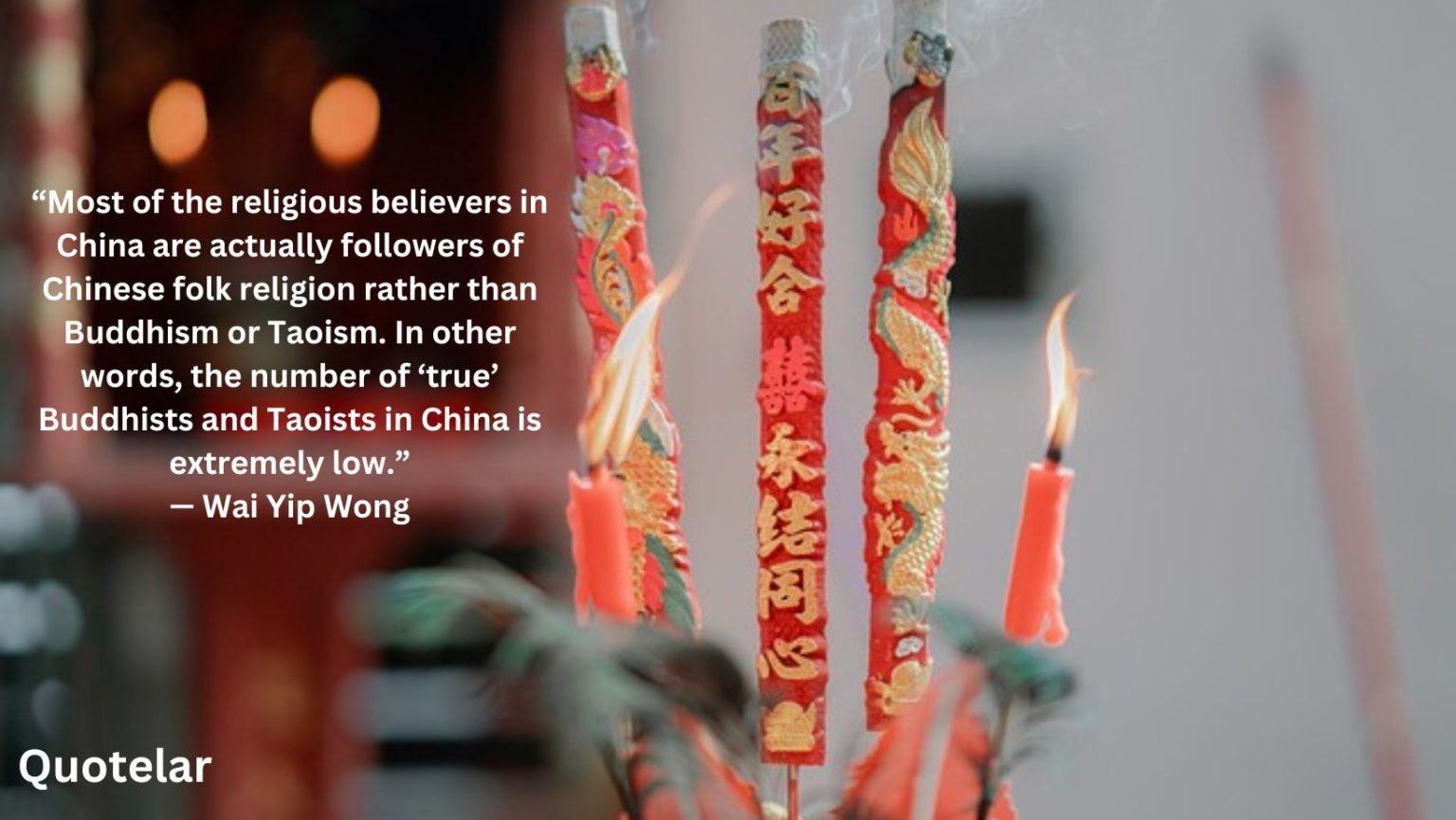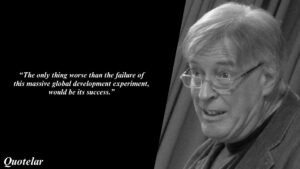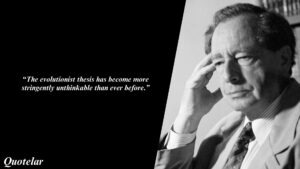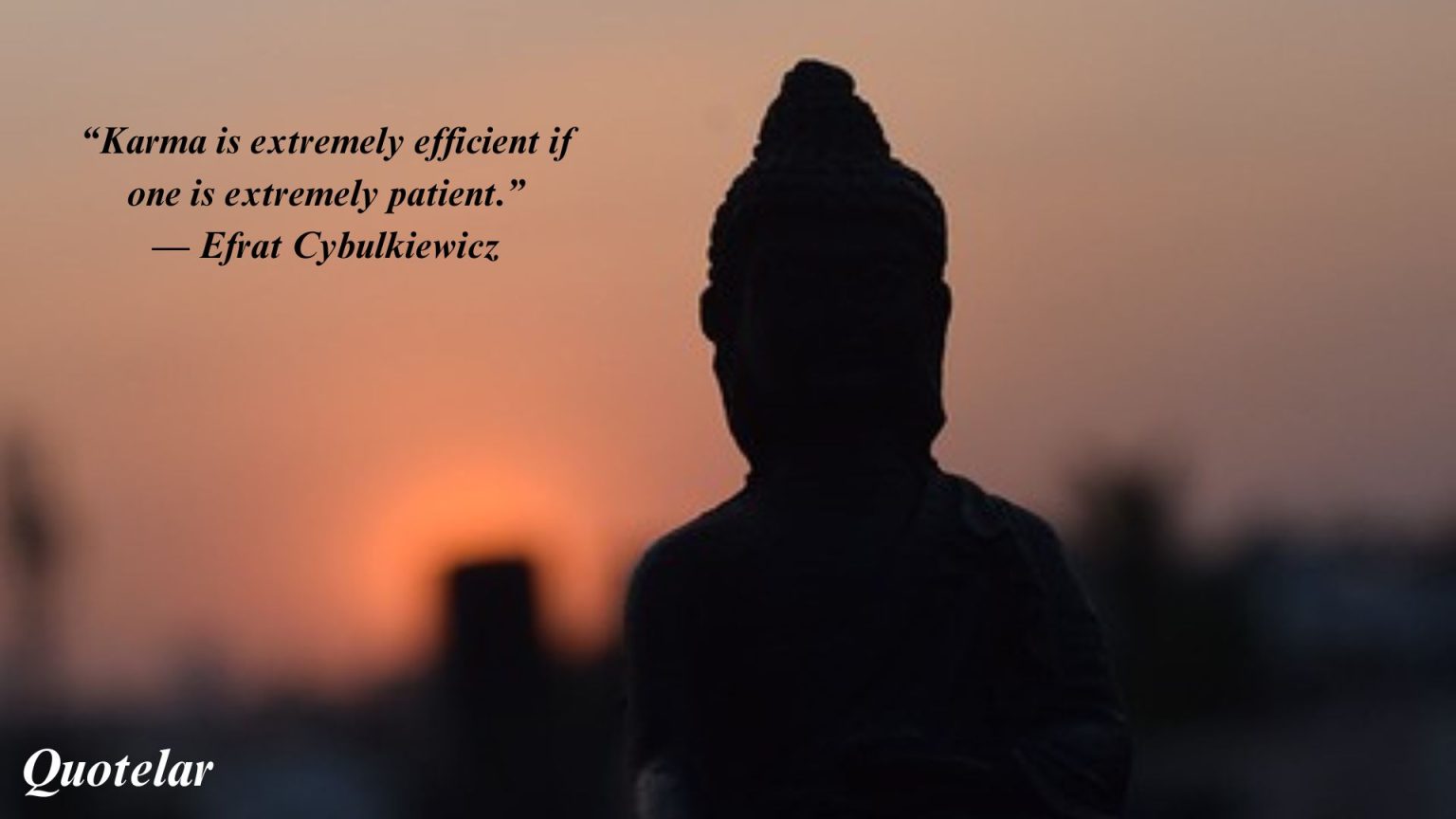Chinese traditional religion, also known as Chinese folk religion or simply folk religion, is a broad term used to describe the indigenous religious beliefs and practices of the Chinese people. It is a complex system of beliefs that has evolved over thousands of years and is deeply rooted in Chinese culture.
Chinese traditional religion encompasses a wide range of beliefs and practices, including ancestor worship, the veneration of various deities and spirits, the use of divination and fortune-telling, and the practice of rituals and ceremonies. It is characterized by its syncretic nature, incorporating elements from various sources such as Taoism, Buddhism, Confucianism, and local folk traditions.
Ancestor worship is a central aspect of Chinese traditional religion. It involves the veneration and worship of deceased ancestors who are believed to have the ability to bring blessings and protection to their living descendants. Ancestral tablets or shrines are commonly found in Chinese homes, and rituals and offerings are made to honor and communicate with the ancestors.
In addition to ancestor worship, Chinese traditional religion involves the worship of various deities and spirits. These include gods associated with natural forces, such as the God of Heaven (Tian), the God of Earth (Di), and the God of the Kitchen (Zao Jun), as well as gods and goddesses associated with specific domains, such as the God of Wealth (Caishen), the Goddess of Mercy (Guanyin), and the God of War (Guan Yu).
Rituals and ceremonies play an important role in Chinese traditional religion. These rituals often involve the use of offerings, such as food, incense, and paper money, as well as the performance of specific actions and prayers. Festivals, such as the Chinese New Year and the Qingming Festival, are occasions for communities to come together and participate in collective rituals and celebrations.
Chinese traditional religion has a significant influence on various aspects of Chinese culture, including art, literature, architecture, and traditional medicine. It is deeply ingrained in the daily lives and social fabric of the Chinese people, and it continues to be practiced by a large number of individuals, particularly in rural areas and among overseas Chinese communities.
It’s important to note that while Chinese traditional religion is widely practiced, it does not have a centralized religious authority or formal doctrine. The beliefs and practices can vary regionally and even among individuals.
Chinese Traditional Religion Quotes
1. “Most of the religious believers in China are actually followers of Chinese folk religion rather than Buddhism or Taoism. In other words, the number of ‘true’ Buddhists and Taoists in China is extremely low.”
— Wai Yip Wong
2. “We have come to expect of religions that they can be named like identities of nature or cultures or at least can be understood by doctrines. But in this case, these sensible questions must be given a disconcerting answer, because it has no name. This is not a religion of a book…In fact religion here is simply a category and not a singular thing.”
— Stephan Feuchtwang
3. “The major dilemma of defining Chinese folk religion was that it could be defined neither by its belief contents nor characteristics, as these might also be found in other religious traditions.”
— Wai Yip Wong
4. “Buddhism-the other religion of the Chinese- while having a great effect on China did not in any basic way change the patterns of beliefs. It could only dig itself in by itself changing.”
— Jonathan Chamberlain
5. “Traditional Chinese religious belief has important characteristics, which make it different from the western religions. First of all, it is a form of ‘diffused religion,’ which is different from the ‘institutional religion’ in the West… ‘Diffused religion is referred to the cultural religious belief that does not involve any systematical doctrine, authoritative scripture, or strictly organized institution. The belief contents of diffused religion are mixed with our everyday life with no significant differentiation. For example, the Chinese folk religion has contained traditional concepts such as ancestor worship, deities worship, seasonal ritual, cultural ceremony and etiquette, as well as certain incantation or even worldview. The beliefs of this religion are diffused into our culture and everyday life….Therefore, the Western concept of religion is inapplicable to this religion of the Chinese people.”
— Jung Li
6. “Heaven means to be one with God.”
— Confucius
7. “When the wind blows, the grass bends.”
— Chinese Proverb

8. “In all things, respect the gods and spirits.”
— Chinese Proverb
9. “Do not do unto others what you would not want others to do unto you.”
— Confucius
10. “The way that can be spoken of is not the eternal Way.”
— Laozi
11. “Filial piety is the root of all virtues.”
— Confucius
12. “Act with kindness but do not expect gratitude.”
— Chinese Proverb
13. “Everything has its beauty, but not everyone sees it.”
— Confucius
14. “The supreme art of war is to subdue the enemy without fighting.”
— Sun Tzu
15. “He who conquers others is strong; he who conquers himself is mighty.”
— Laozi








